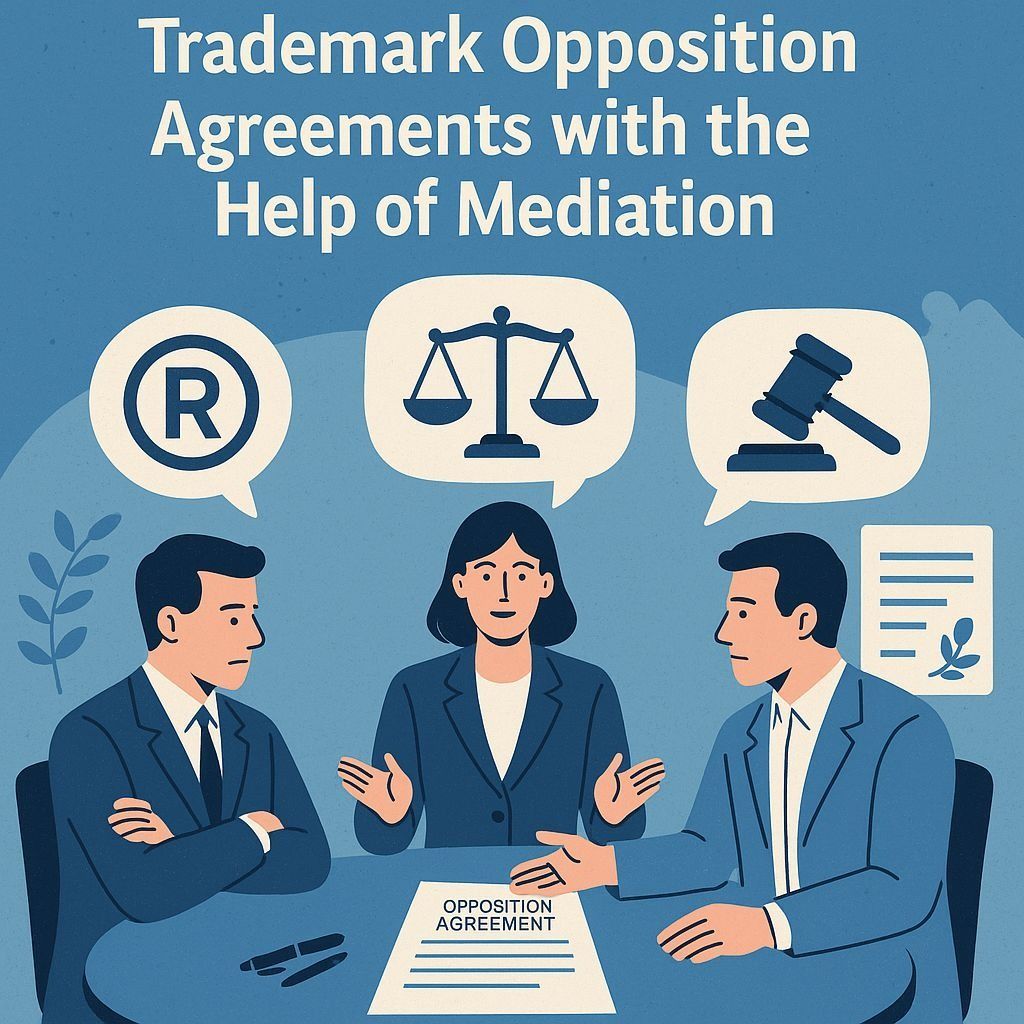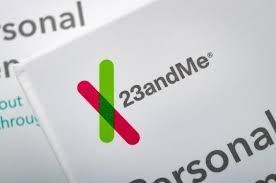The Advantage of Early-Stage Mediation in Florida: A Strategic Approach
Legal disputes are often paralleled with wasted time and money. The longer a dispute lingers, the more resources it consumes and the greater the toll it takes on all parties involved. Using early-stage mediation as an alternative to litigation is often a beacon of efficiency and resolution. As an attorney mediator, I have witnessed firsthand the power, and the significant benefits mediation brings to the table and the benefits specifically of early-stage mediation. Early-stage mediations have greater cost savings advantages than later stage mediations and have the advantage of helping parties resolve their dispute before their positions get so entrenched that they are unwilling to consider alternatives that are not win-lose alternatives.
Understanding Early-stage Mediation:
Early-stage mediation refers to the process of initiating mediation soon after a dispute arises, often before formal litigation commences or prior to intensive discovery. This approach encourages parties to come to the negotiating table while emotions are still relatively fresh, evidence is more accessible, and positions are less entrenched. Best of all early-stage mediation meets the requirements of mandatory mediation in Florida, so the parties will not be subject to pre-trial mediation again unless exceptional circumstances exist. Therefore, litigators get to clear their heavy case load for cases which should proceed to trial, and clients that are able to settle have greater satisfaction with their results because they did not have the stress of the litigation process. As an attorney mediator, my role is to guide the discussions, provide legal insights, and facilitate a productive dialogue aimed at weaving mutually agreeable creative legal solutions.
Advantage 1: Cost-Effectiveness
One of the most compelling advantages of early-stage mediation is its cost-effectiveness. Litigation can quickly escalate into a costly ordeal, with legal fees (motions, briefs, discovery, and expert testimony), court costs, and time lost all adding up. Electing early-stage mediation can help parties potentially avoid these exorbitant expenses. The investment in mediation is often significantly lower than that required for a full-fledged legal battle. Generally, the cost is split evenly between the parties, and can often be settled in one to three 4″hour sessions (depending on the nature and complexity of the matter), bringing the average cost to $600 to $2,400 per party. As opposed to a minimum of $10,000 per party for the average simple litigation case. Early resolution also means that parties can redirect their resources towards more productive endeavors rather than pouring them into protracted litigation.
Advantage 2: Preservation of Relationships
Legal disputes, especially those involving business partners, family members, or neighbors, can strain relationships to the breaking point. Early-stage mediation is useful when the disputing parties need or desire to maintain an ongoing relationship. The consensual process in mediation allows parties to avoid the adversarial elements of litigation which often makes it impossible to continue a productive relationship after litigation. Early-stage mediation also provides an opportunity for open communication and collaboration. Parties can express their concerns, fears, and aspirations in a controlled environment, which helps to develop a sense of understanding and empathy between the parties. Early-stage mediation not only paves the way for a resolution but also preserves vital relationships that would otherwise suffer irreparable damage in a courtroom showdown.
Advantage 3: Control Over Outcomes
In a courtroom, the fate of a dispute rests in the hands of a judge or jury. Parties surrender a significant degree of control over their destiny. However, early-stage mediation empowers parties to structure their own outcomes. In early-stage mediation, the parties can design solutions specific to their needs and circumstances. These solutions can be far more creative and flexible than the win/lose option of litigation. Parties often feel more satisfied with a resolution they helped craft themselves and can also prevent the recurrence of future issues.
Advantage 4: Speedy Resolution
Legal proceedings can drag on for months, if not years. Parties to litigation are left in limbo, expending energy, taking on unnecessary stress and using up resources in a prolonged legal battle. Early-stage mediation, on the other hand, is designed for efficiency, and can generally be settled in one to three 4-hours sessions. By initiating mediation promptly, parties can reach a mutually acceptable solution in a fraction of the time it would take to pursue a solution through the court system.
Advantage 5: Confidentiality
Mediation provides a private and confidential environment to resolve disputes. Many people do not wish to subject their life or business to public scrutiny. Confidential information disclosed during mediation will not be revealed to anyone. Early-stage mediation allows parties to discuss matters freely and explore various solutions without the fear of public exposure, thus fostering a more open and honest dialogue.
Advantage 6: Timely Emotional Engagement
In early-stage mediation, emotions are still fresh, and the process can be more effective if there is a heightened emotional connection. Early in a dispute, emotions tend to be raw and genuine, enabling participants to communicate their concerns and viewpoints more openly with the mediator. As an attorney mediator, I facilitate this emotional engagement by providing a structured environment where parties can express their feelings, and I can help them to communicate these feelings more constructively, which often leads to a better understanding of each other’s perspectives.
Advantage 7: Enhanced Evidence Utilization
In the early stages of a dispute, evidence is often readily available and easily accessible. Having facts, data, and evidence easily accessible can help the parties present their case with deeper clarity. As an attorney mediator, I guide parties in presenting their evidence efficiently and effectively, so that the relevant facts are considered during negotiations. This not only streamlines the mediation process but also promotes a more informed decision-making process.
Advantage 8: Flexibility in Positioning
Florida requires mediation for civil litigation cases prior to trial. However, by the time the parties have gone through the costly process of various motions, briefs, and discovery, parties are often entrenched in their positions, and desire court resolution despite the remaining cost of trial. Early-stage mediation capitalizes on the fact that parties’ positions are less entrenched enabling greater flexibility in negotiation. When positions are less entrenched participants are often more open to exploring alternative solutions and compromising. My role as an attorney mediator involves helping parties recognize the opportunities present to them. After the parties have spent excessive amounts of legal fees, they are less willing to adapt and consider different perspectives which limit the creative solutions they would have otherwise considered.
Conclusion
Early-stage mediation in Florida has the benefit of cost-effectiveness, relationship preservation, outcome control, speed, emotional engagement, enhanced evidence presentation, confidentiality, collaboration, and flexibility in positioning making it an attractive alternative to litigation. As an attorney mediator, I have had the privilege of empowering parties to take charge of their disputes, tailor creative legal solutions to their own needs, and navigate what could otherwise be tumultuous litigation with greater efficiency and satisfaction.
The post The Advantage of Early-Stage Mediation in Florida: A Strategic Approach appeared first on Nicole Weaver, PLLC.











